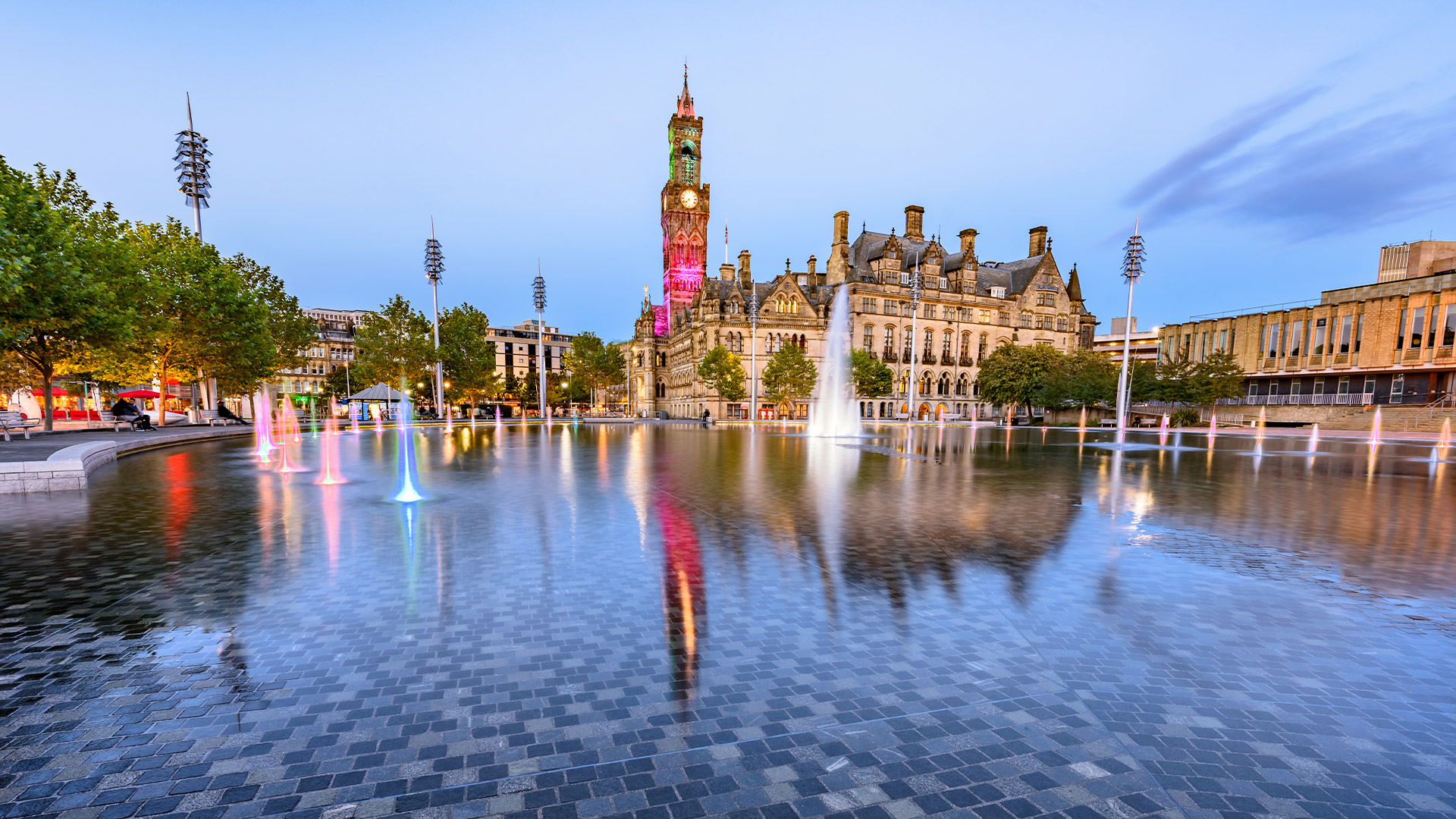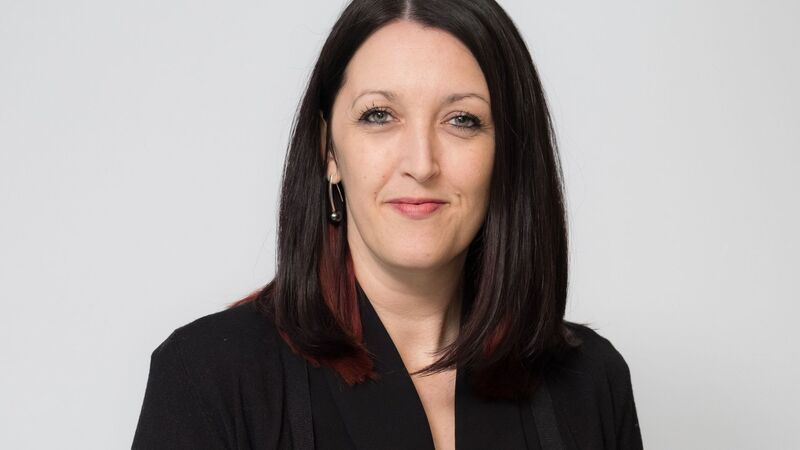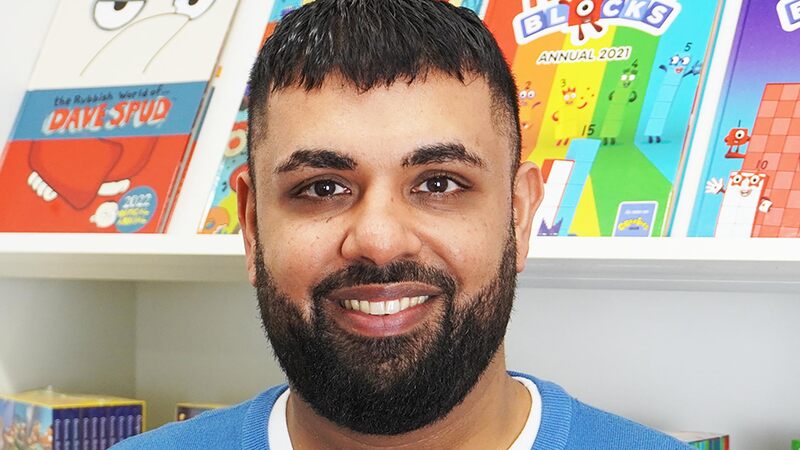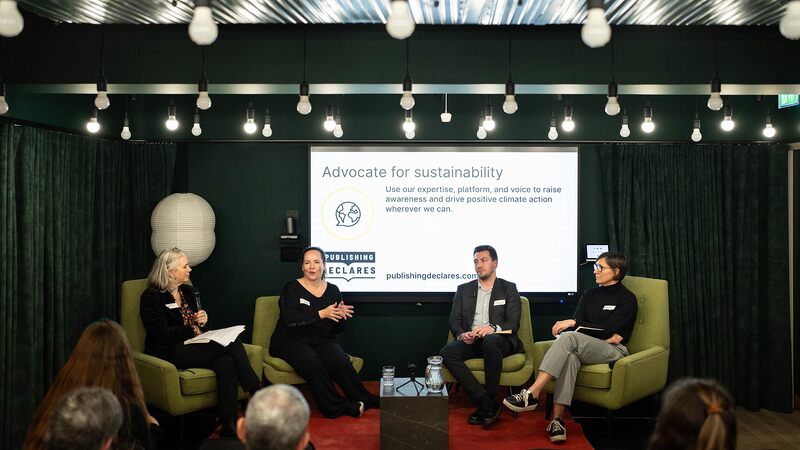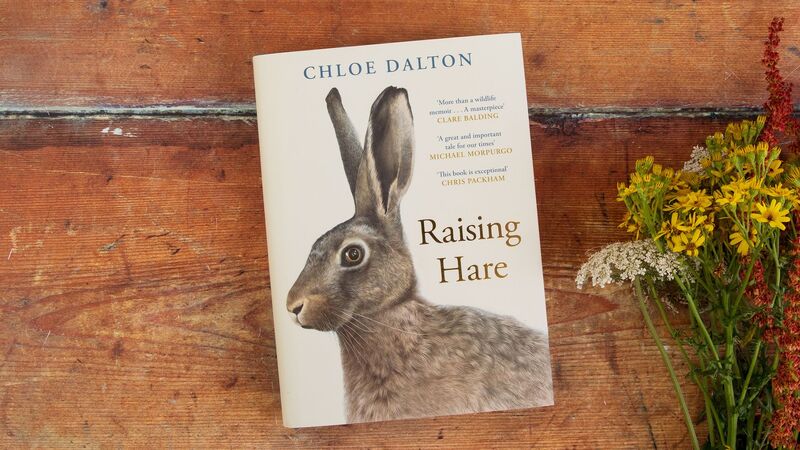You are viewing your 1 free article this month. Login to read more articles.
Levelling up? Get creative
An essential new conference in Bradford helps unite the cultural and economic sectors.
Over the years, both in my past life working in the corporate world to my current job running The Bradford Literature Festival, I have been to numerous business conferences and cultural conferences.
I have heard plenty of talk about how much value the creative sector adds to our economy and the importance of the "levelling up" agenda and the regeneration of the north, but I haven’t come across anything that really brings these two crucial sectors – economic and creative – together. Until now.
Bradford Literature Festival’s (BLF) inaugural Creative Economic Conference (CEC), which takes place in the city on Friday, is all about focusing on the importance of the creative industries to the UK economy and bringing together business leaders and creative organisations, and practitioners, to explore the different ways the cultural sector can spearhead economic and social regeneration in the north.
The day-long conference features panel discussions on topics ranging from "Levelling Up in the North" and "The Future of TV" to "Digital Currency" and "Art & Activism".
I see it as a forum that basically puts people in a room who wouldn’t normally be in a room together. Where else would you find a former chief economist at the Bank of England and the director of The Northern Powerhouse Partnership, as well as a poet and the artistic director of a West Yorkshire theatre company?
In the past, the economic and creative sectors largely talked in silos and for me this is a way of bringing the two together so they can learn from one another and combine their vast skills and knowledge.
Having this conference in Bradford feels important for several reasons. Not only is it one of the most diverse cities in the country, where more than 150 languages are spoken, it has a growing raft of entrepreneurs, emerging artists and cultural organisations, and also has one of the youngest populations in Europe.
The conference goes to the heart of BLF’s ethos. The festival was set up to create events that bring different groups together – for instance, you might go to a discussion about modern architecture and stay for another event all about performance poetry, move from discussion about Blake to ones about Baba Farid. It can be the first step in a process of exploring something new, and the same idea underpins this conference.
We still seem to view culture and economics as odd bedfellows when in fact they are mutually beneficial. And the simple truth is if you invest in culture, it brings people to your town or city which, in turn, encourages further investment.
My first job was in inward investment and regeneration and one of the key things you do when you’re trying to encourage businesses and families to move to your town or city is to highlight your cultural offer, because it plays a huge part in where they base themselves
In 2019, when we held our last pre-Covid festival, half our audiences came from the Bradford district, while 30% were regional and 20% came from across the UK. We have had people travelling from as far away as Australia and North America to attend the festival which shows the universal appeal of culture. It also has an economic benefit. If you’re travelling to the festival from Canada you’re going to stay in a hotel, eat in local restaurants and visit museums and galleries.
There was a very real economic reason, too, why Bradford was delighted to be named UK City of Culture 2025. Yes, it will create great cultural and artistic events, and yes they will be unique and have an impact on the national cultural landscape, but it’s also the positive economic impact. It will help attract big hotels and retailers into Bradford and the importance of this can’t be overstated.
My first job was in inward investment and regeneration and one of the key things you do when you’re trying to encourage businesses and families to move to your town or city is to highlight your cultural offer, because it plays a huge part in where they base themselves.
Having a thriving literature festival in Bradford helps boost the city’s image and attracts outside visitors. It’s also a way of challenging and reversing the outdated ‘grim up north’ stereotypes that still persist in some places.
We have the moors on our doorstep and yes, they can be wild and bleak but they are also breathtaking and romantic and they just happened to inspire the work of one of the greatest literary families in history – the Brontës.
I believe culture plays a massive part in changing people’s perceptions. In nearby Halifax, the historic Piece Hall, the world’s last surviving Georgian cloth hall, underwent a £22m renovation and now stands like a grand Italian square in the heart of the West Riding. It has once again become a cultural landmark and according to a 2019 report generates around £7m each year for the local economy.
This shows the power of the creative and economic sectors when they work in tandem and that’s the aim of this conference – to bring these two groups together and help put culture at the heart of social and economic regeneration.





